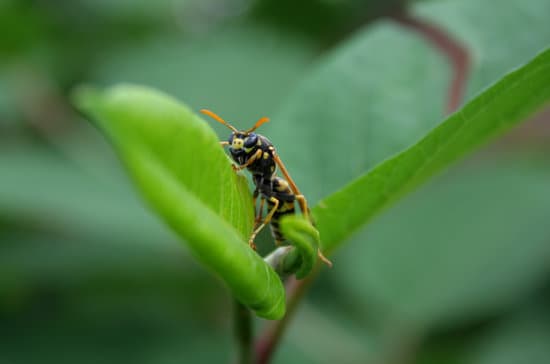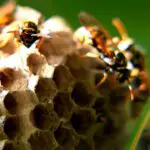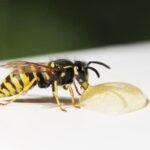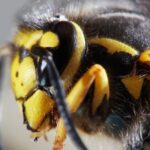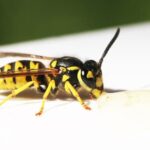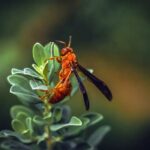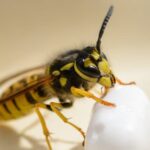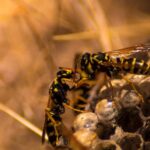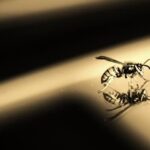Where Do Wasps Make Nests?
Typically, wasps make nests in sheltered places, such as attics, tree hollows, or roof spaces. They will also hang their nests from awnings and ceilings. These nests are usually made of wood pulp that the wasps chew up and regurgitate. They also make a waxy paste to keep water from entering the nest.
Wasps are usually solitary, but some species can be aggressive. During the spring and summer, they are particularly attracted to proteins and simple sugars. They are not attracted to garbage or garbage-like products. Wasps do not subsist on nectar, but they can eat a lot of fermenting fruit.
During the winter, wasps aren’t very active. Their nests can be found in roof cavities, under rotted logs, or in old trees. In the spring, a newly mated wasp emerges from hibernation and begins to build a nest. It will then lay eggs in these nest cells. It’s the only member of the colony that survives the winter. The queen wasp will hibernate in the attic or in a tree trunk.
Wasps are good at turning raw wood into strong paper homes. The queen wasp will break down wood fibers with saliva, and then spit the pulp out of her mouth. The pulp is then layered to create walls for the nest.
Wasps build their nests in dark, warm, sheltered places. Their nests are usually high, so they can keep them out of reach of potential predators. These nests can be located on rotting logs, tree branches, or awnings.
